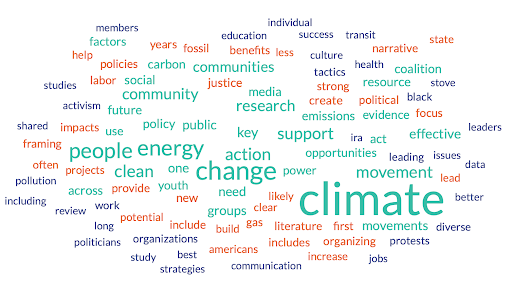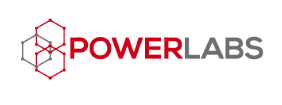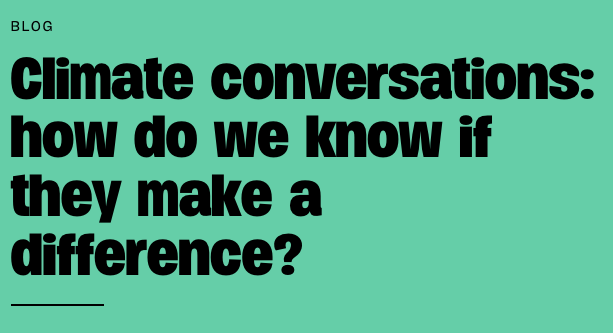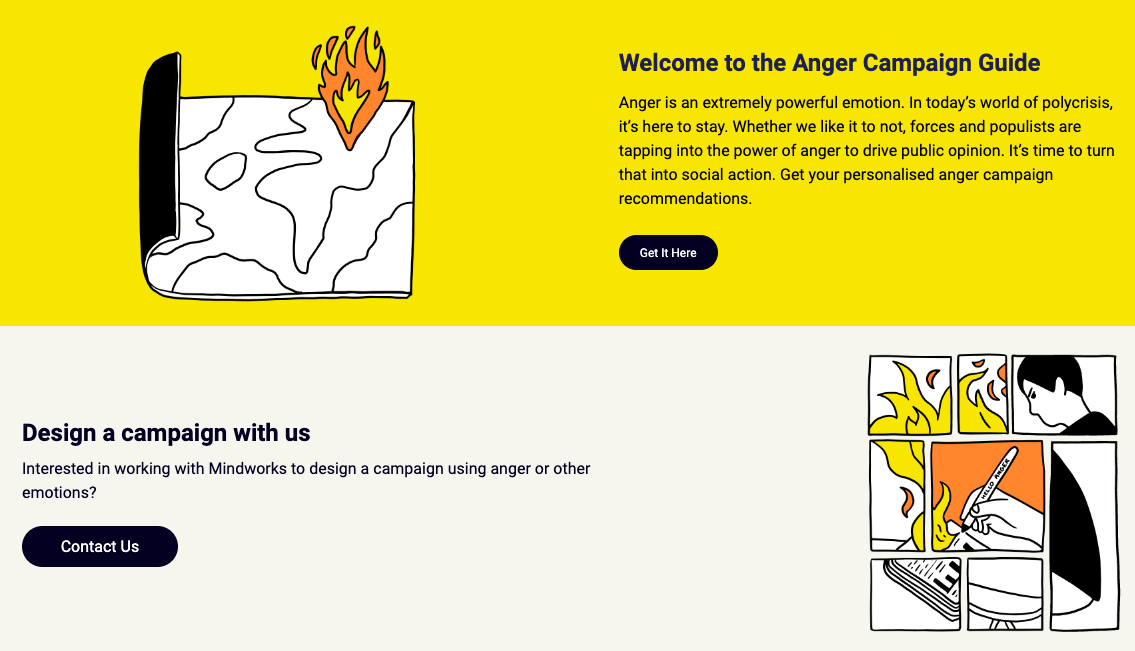Resources
Search below for resources covering the intersection of climate engagement, social science and data analytics.
RESULTS
CLIMATE REALITY ON-SCREEN: THE CLIMATE CRISIS IN POPULAR FILMS, 2013-22
In July 2023, as the world experienced its hottest day, week, month, and year in recorded history, UN Secretary-General António Guterres declared that “the era of global warming has ended” and “the era of global boiling has arrived.”1 The world is not acting quickly enough to respond to the pace of climate change. As NASA climate scientist Peter Kalmus observed, “we are losing Earth on our watch.” We are living through a crisis that touches every aspect of our lives, and therefore has a place in every contemporary story. Today, films set in the present or near future that do not include climate change can be considered what they are: fantasy. But there are too few studies examining whether popular films reflect our climate reality. This gap in knowledge prevents us from understanding climate visibility and represen- tation in popular entertainment, as well as the related challenges and opportunities. The Climate Reality Check, a Bechdel–Wallace Test for a World on Fire, pro- vides audience members, screenwriters, filmmakers, studios, and researchers with a straightforward way to evaluate whether climate change is represented—or omitted—in any narrative.3 This two-part, binary evaluation tool is simple, illuminat- ing, and powerful.
Pathways to Power Workshop
How are you measuring your organization’s efforts and advances towards meaningful long-term change? Would you like to begin the process of identifying a unique set of metrics that best suit your organizational goals and power-building strategies?
Thriving Together: Boosting the well-being and performance of members and volunteers through the science of motivation
Organizers worldwide are using the science of motivation to create the conditions for deep learning, commitment, creativity, and performance required to achieve purpose in complex and uncertain political environments. This exclusive PowerLabs webinar is an introduction to the science of motivation and discover practical methods applicable in most organizing contexts. The organizers are achieving extraordinary outcomes by creating environments that support members in meeting the universal psychological needs for autonomy, relatedness, and competence.
Environmental Polling Roundup - March 22nd, 2024
This post includes climate and environment headlines, data points, and key takeaways from recent public polls - including newly released polling on the Sackett v. EPA decision and clean water protections, new polling on oil and gas accountability, and a new analysis on the gap between Americans’ interest in climate activism and their actual behaviors.
HEADLINES
The attitude-behavior gap on climate action: How can it be bridged?
There is a large gap between people’s interest in climate activism and their self-reported actions. Social norms are linked with increased follow-through. First, there is a big difference between those who say that they “definitely” or “probably” would take an action. Americans who follow through on climate activism tend to feel more social pressure to do so.
Climate conversations: how do we know if they make a difference?
Conversations about climate may be an important part of the advocacy toolkit. Larger US has recruited a cohort to be trained on these conversations. The trainees, after being trained, feel significantly better able to have climate conversations. However, evaluating the impacts of the trainees having conversations outside of the training program is difficult. The goal is to understand if the conversations affect the beliefs of people in the conversations, as well as the broader impact on society.
Notable research of 2023

Inflation Reduction Act
Replenishing trust: Civil society’s guide to reversing the trust deficit
Trust-building is actions aligned to values — it’s not just communicating about what matters, but doing it. Trust for institutions across society is declining. This growing trust deficit is a serious problem: It erodes a high-functioning pluralistic democracy, compromises public health and makes it impossible to solve collective problems like climate change. Trust doesn’t just happen. American civil society institutions have an important role to play in increasing trust — which is necessary to create the kind of world we all want to live in.
Anger Monitor 2.0
The Anger Monitor helps harness and redirect anger for positive impact. MindWorks measures the changing quality and quantity of anger to help advocates and organizers understand and leverage this emotion in campaigns. Anger can be destructive, often exploited by populists or extremists for their own agendas. However, it can also be constructive. Many historic social movements were built on anger.
Eco-anxiety is present for young Americans and young people around the world. Youth are turning this anxiety into activism. UK climate protesters went to prison after blocking roads and oil terminals. Just Stop Oil activists hurled soup at famous paintings. This guide describes other examples like these. (See pages 38-39 of the guide for the climate focus.)
Pagination
- Page 1
- Next page






